This week on Minnesota Native News, efforts are underway across the Americas to bring back native languages. Emma Needham has two stories of Ojibwe Language revitalization in Minnesota
Leslie Harper is a member of the Leech Lake Band of Ojibwe and has worked in language revitalization efforts on both a local and national level for the past 25 years.
Leslie helped to create an Ojibwe immersion school and the Leech Lake community in the early 2000s. Her community brainstormed and came up with an approach to bring back the language and culture together.
“We started planning what would a school look like in our community? What does education mean to us as Ojibwe people what we proposed was providing education through the medium of Ojibwe language, all subjects being taught in Ojibwe language instead of English,” said Harper.
Leslie Harper is now president of a volunteer organization called the National Coalition of Native American language schools and programs.
When I took Ojibwe courses last year, Memegwesi Sutherland was my teacher. He teaches Ojibwe language courses and leads language tables a few nights a week via zoom for the Minneapolis American Indian center.
“I Learned Ojibwe when I was a kid, I was a fluent speaker. Back then, I had to learn English and French when I was a kid in schools. So slowly over time, because I grew up speaking Ojibwe, and living the old Ojibwe lifestyle. When I saw English speakers, I really envied them. So that’s why I kind of like I kind of left behind by the Ojibwe language and the Ojibwe teachings and how we live how I grew up. I wanted to be like everybody else like English speaking,” said Sutherland.
Memegwesi was in his late teens, when he realized he could no longer reply back to his mother. That’s when he went to college to relearn Ojibwe.
“So sometimes I kind of like, stay away from the body language, culture stuff once in a while. But that’s there in me because of the racism I experienced growing up. So sometimes it’s a battle to like to get past that,” said Sutherland.
Teaching Ojibwe language is not what Memegwesi set out to do. But he believes that his experience teachings and conversations with people around him led him to that path. Language and Culture teachings often come from elders, as elders pass on, it impairs a community’s cultural and language capacity. This is Leslie Harper, again,
“We’ve been at a critical need. And we said this 20 years ago, right, that we have a critical need to revitalize our language. Because we have, you know, a few 100 people. For me here at least late 20 years ago, we were able to say we have, you know, a couple 100 speakers. And that was a feeling of critical need and critical loss to us,” said Harper.
Memegwesi Sutherland explained that his experience is that language revitalization is both getting better and worse at the same time,
“Because of Zoom, we can connect with elders know over long distances, because before in order, if you wanted to see an elder you have to go to their place. And nowadays, because zoom you can just like hit them up like this, and then just be in a meeting,” he said.
Memegwesi says that our ancestors and ceremonies are exactly the reason why people should speak Ojibwe, and that our ancestors are already ahead of us.
“The reason why it’s important to speak to them because that’s who you’re talking to. You’re talking to our ancestors. And some people were afraid of what’s going to happen to their future when the elders pass on, you know like everybody thinks all the culture is gonna die off. But then we were told that the original teachers are the spirits and they said in the future when the younger generation brings back the language, they’re also going to bring back the spirits and the spirits are going to teach them again,” he said.
Both the US House and Senate are considering new bills that would establish a national Native American language Resource Center to honor Congress’s obligation to tribes and indigenous communities to protect and promote original languages.
Emma Needham reporting for Minnesota Native News
Subscribe to A Mile in My Moccasins
More from Native Lights
- Deven Current: Healing Through the Art of Tattooing
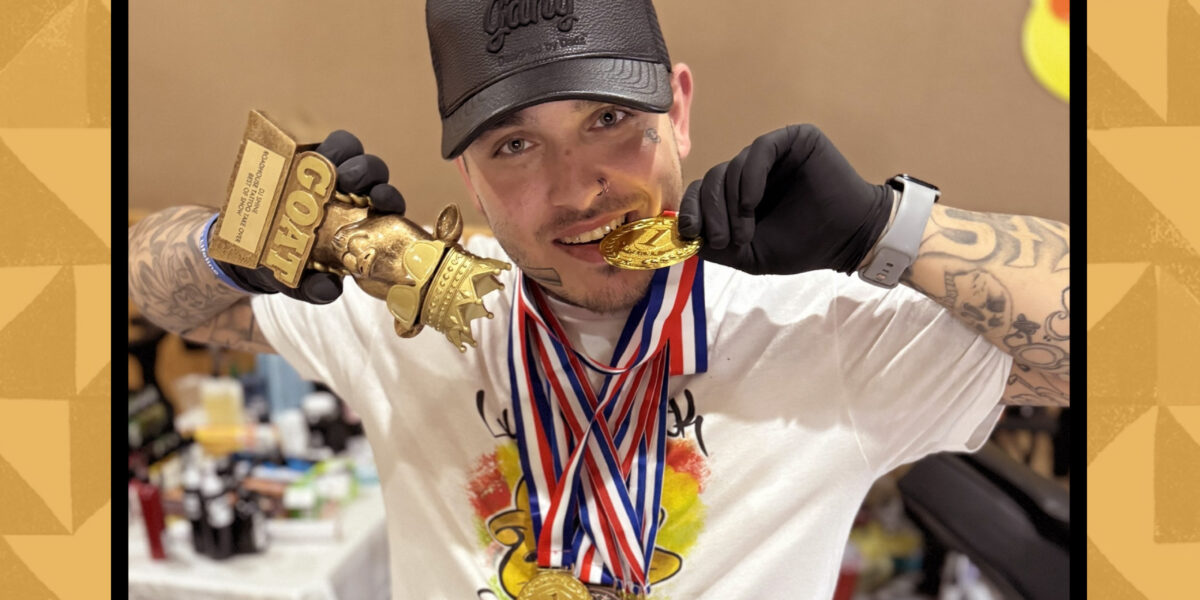 In this episode, we hear from Deven Current about tattooing, sports and the importance of sobriety, family and faith. Deven is an Ojibwe tattoo artist, who connected with his culture later in life. Deven grew up in the Twin Cities and, at a young age, fell into drug addiction. He ended up incarcerated, but his time …
In this episode, we hear from Deven Current about tattooing, sports and the importance of sobriety, family and faith. Deven is an Ojibwe tattoo artist, who connected with his culture later in life. Deven grew up in the Twin Cities and, at a young age, fell into drug addiction. He ended up incarcerated, but his time … - Korina Barry: Leading from abundance with NDN Collective
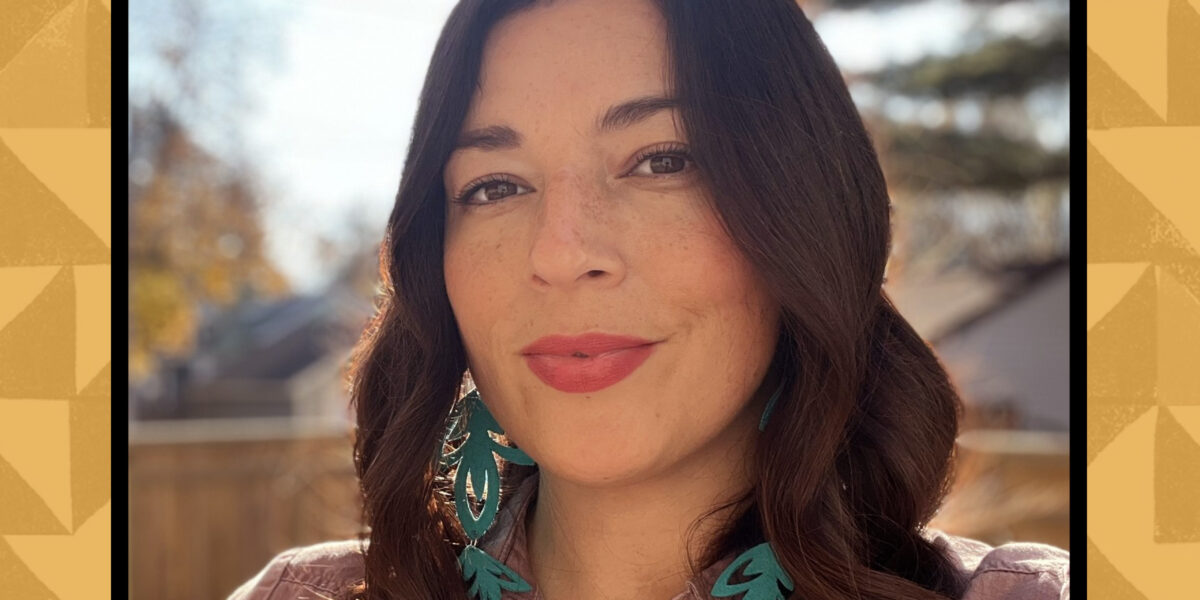 In this episode we hear from Korina Barry on her work with NDN Collective and the campaign to free Leonard Peltier, in addition to reflections on her roles as mother, doula, and metal fabricator in training. A citizen of the Leech Lake Band of Ojibwe, Korina Barry manages the organizing, policy and advocacy direct-action arm …
In this episode we hear from Korina Barry on her work with NDN Collective and the campaign to free Leonard Peltier, in addition to reflections on her roles as mother, doula, and metal fabricator in training. A citizen of the Leech Lake Band of Ojibwe, Korina Barry manages the organizing, policy and advocacy direct-action arm … - Allison Herrera, Indigenous Affairs Journalist and author of Tribal Justice: The Struggle for Black Rights on Native Land
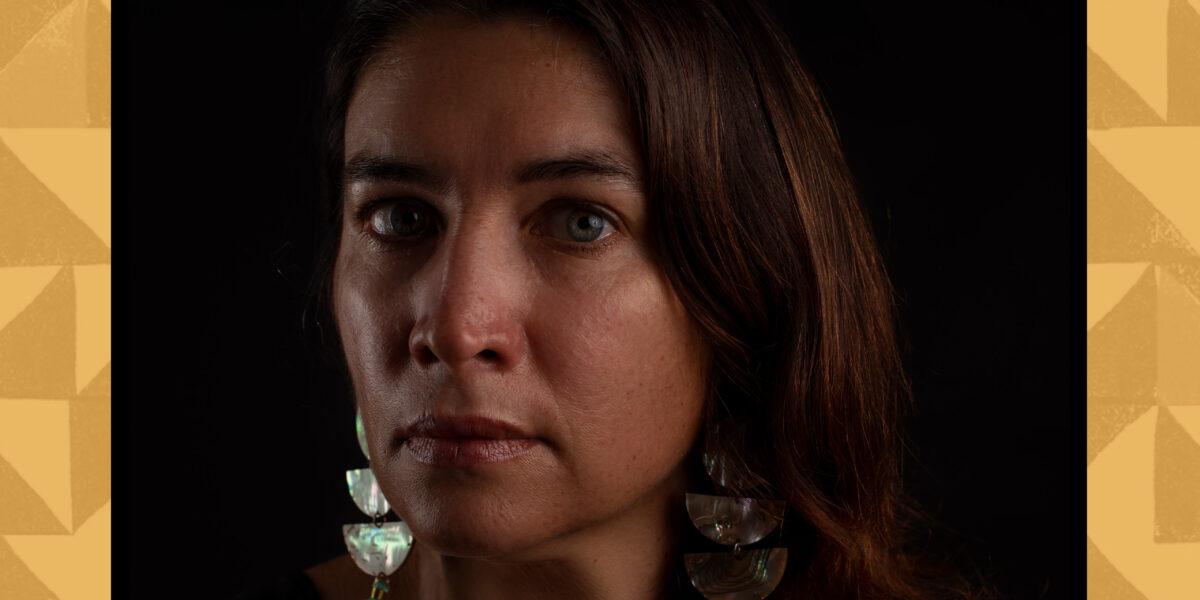 In this episode, we talk with Indigenous Affairs journalist and author Allison Herrera. Allison’s indigenous ties are from her Xolon Salinan tribal heritage. Her family’s village is in the Toro Creek area of the Central California coast. She didn’t take the traditional route into journalism with a degree. She just decided she wanted to do …
In this episode, we talk with Indigenous Affairs journalist and author Allison Herrera. Allison’s indigenous ties are from her Xolon Salinan tribal heritage. Her family’s village is in the Toro Creek area of the Central California coast. She didn’t take the traditional route into journalism with a degree. She just decided she wanted to do … - Mattie Harper DeCarlo on Making Change in Indian Country Through Philanthropy
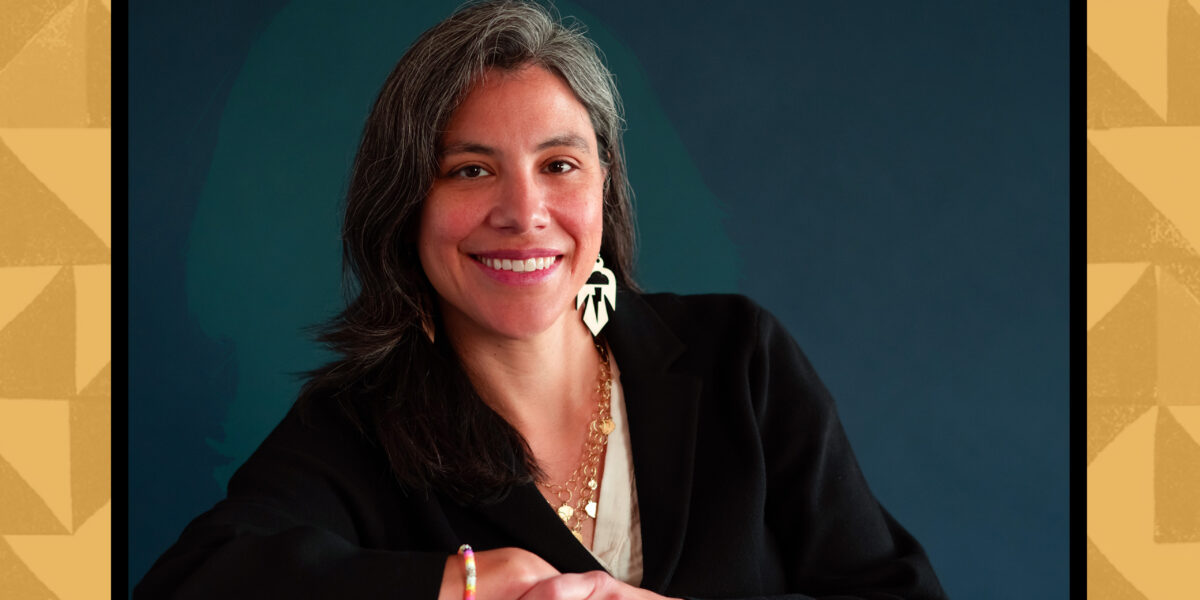 In this episode, we talk with grantmaking officer and former educator and historian Mattie Harper DeCarlo, PhD. Mattie, a Bois Forte Band of Ojibwe citizen who grew up on Leech Lake Reservation, works in philanthropy at the Bush Foundation, focusing on Indigenous communities. She speaks with us about the nuance of supporting 23 Native nations …
In this episode, we talk with grantmaking officer and former educator and historian Mattie Harper DeCarlo, PhD. Mattie, a Bois Forte Band of Ojibwe citizen who grew up on Leech Lake Reservation, works in philanthropy at the Bush Foundation, focusing on Indigenous communities. She speaks with us about the nuance of supporting 23 Native nations … - From Children’s Books to Murals: Moira Villiard on Examining and Bridging Disconnection Through Art
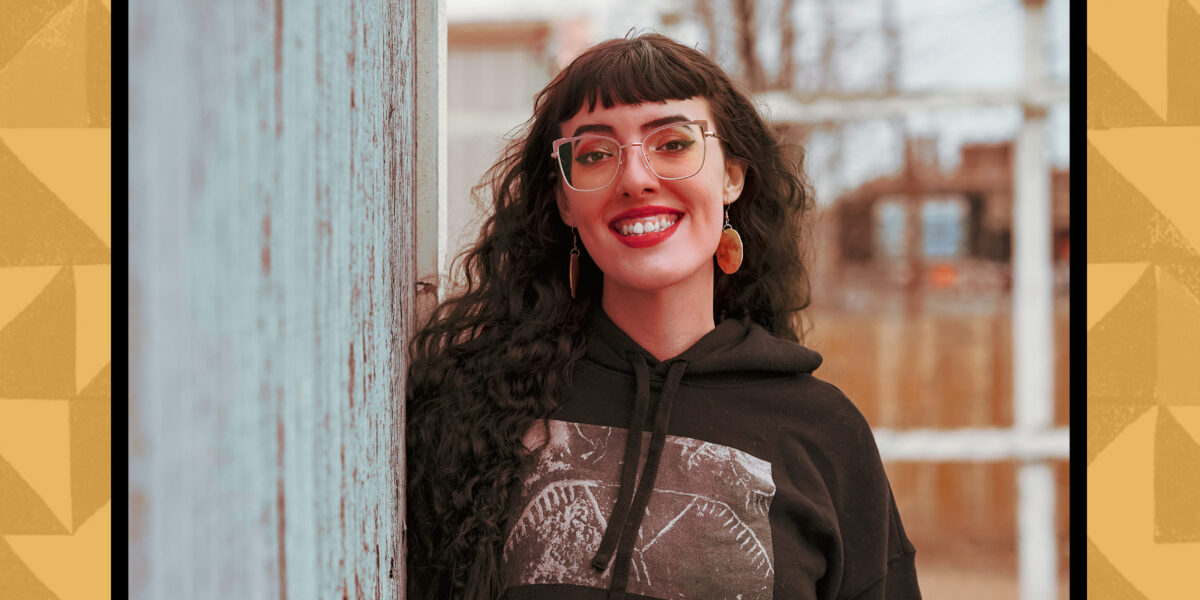 In this episode, we talk with artist, public speaker, and community organizer Moira Villiard. Moira, a Twin Cities-based visual artist and Fond Du Lac direct descendent, is a 2023 McKnight Foundation Community-Engaged Practice fellow and a 2024-2026 Bush Fellow. We chat with her about her current projects, Waiting for Beds, a traveling exhibition that explores …
In this episode, we talk with artist, public speaker, and community organizer Moira Villiard. Moira, a Twin Cities-based visual artist and Fond Du Lac direct descendent, is a 2023 McKnight Foundation Community-Engaged Practice fellow and a 2024-2026 Bush Fellow. We chat with her about her current projects, Waiting for Beds, a traveling exhibition that explores …

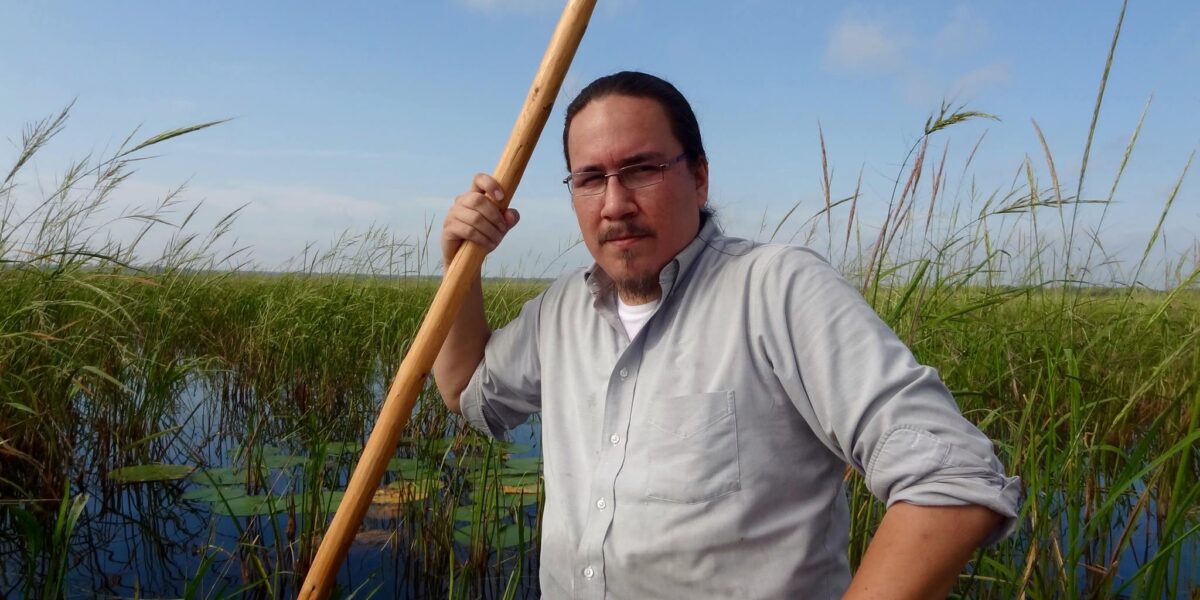
 Tribal Communities Moving Forward and Learning from Pandemic
Tribal Communities Moving Forward and Learning from Pandemic